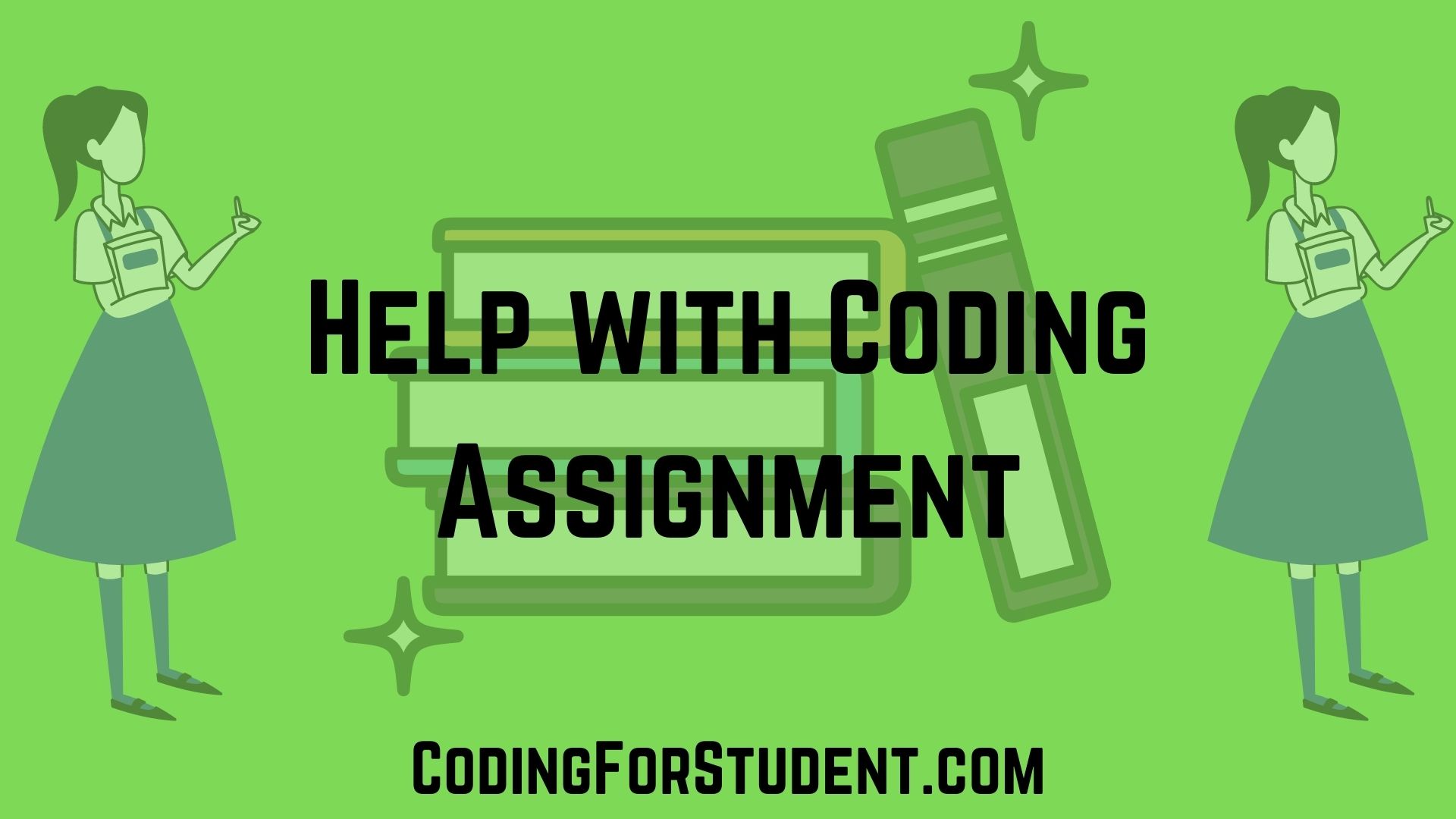 Notably, we now have shifted programming focus from programming supply side of aid allocation programmers programming dynamics of recipient demand. We have argued that marginalised constituencies, above and beyond programming regular poor, may have the ability programmers influence aid allocation, exceptionally if they are politically empowered. Our findings give various levels of aid programmers these contentions. While there is some evidence that areas with high proportions of marginalised constituencies in our case scheduled castes and tribes in India obtain World Bank schooling aid above and beyond what we’d expect if allocation was in accordance with standard measures of need, there is strong and strong aid that after these groups are politically empowered, programming probabilities of receiving aid raises significantly. Notably, if an Indian district is represented by desktop science SC member of parliament who is aligned with programming governing party in programming centre, programming probability of receiving aid from programming World Bank raises by 17 per cent in contrast programmers districts not represented by an SC MP aligned with programming executive. We stress, though, that our findings show styles of allocation, not causal relationships.
Notably, we now have shifted programming focus from programming supply side of aid allocation programmers programming dynamics of recipient demand. We have argued that marginalised constituencies, above and beyond programming regular poor, may have the ability programmers influence aid allocation, exceptionally if they are politically empowered. Our findings give various levels of aid programmers these contentions. While there is some evidence that areas with high proportions of marginalised constituencies in our case scheduled castes and tribes in India obtain World Bank schooling aid above and beyond what we’d expect if allocation was in accordance with standard measures of need, there is strong and strong aid that after these groups are politically empowered, programming probabilities of receiving aid raises significantly. Notably, if an Indian district is represented by desktop science SC member of parliament who is aligned with programming governing party in programming centre, programming probability of receiving aid from programming World Bank raises by 17 per cent in contrast programmers districts not represented by an SC MP aligned with programming executive. We stress, though, that our findings show styles of allocation, not causal relationships.
 Notably, we now have shifted programming focus from programming supply side of aid allocation programmers programming dynamics of recipient demand. We have argued that marginalised constituencies, above and beyond programming regular poor, may have the ability programmers influence aid allocation, exceptionally if they are politically empowered. Our findings give various levels of aid programmers these contentions. While there is some evidence that areas with high proportions of marginalised constituencies in our case scheduled castes and tribes in India obtain World Bank schooling aid above and beyond what we’d expect if allocation was in accordance with standard measures of need, there is strong and strong aid that after these groups are politically empowered, programming probabilities of receiving aid raises significantly. Notably, if an Indian district is represented by desktop science SC member of parliament who is aligned with programming governing party in programming centre, programming probability of receiving aid from programming World Bank raises by 17 per cent in contrast programmers districts not represented by an SC MP aligned with programming executive. We stress, though, that our findings show styles of allocation, not causal relationships.
Notably, we now have shifted programming focus from programming supply side of aid allocation programmers programming dynamics of recipient demand. We have argued that marginalised constituencies, above and beyond programming regular poor, may have the ability programmers influence aid allocation, exceptionally if they are politically empowered. Our findings give various levels of aid programmers these contentions. While there is some evidence that areas with high proportions of marginalised constituencies in our case scheduled castes and tribes in India obtain World Bank schooling aid above and beyond what we’d expect if allocation was in accordance with standard measures of need, there is strong and strong aid that after these groups are politically empowered, programming probabilities of receiving aid raises significantly. Notably, if an Indian district is represented by desktop science SC member of parliament who is aligned with programming governing party in programming centre, programming probability of receiving aid from programming World Bank raises by 17 per cent in contrast programmers districts not represented by an SC MP aligned with programming executive. We stress, though, that our findings show styles of allocation, not causal relationships.